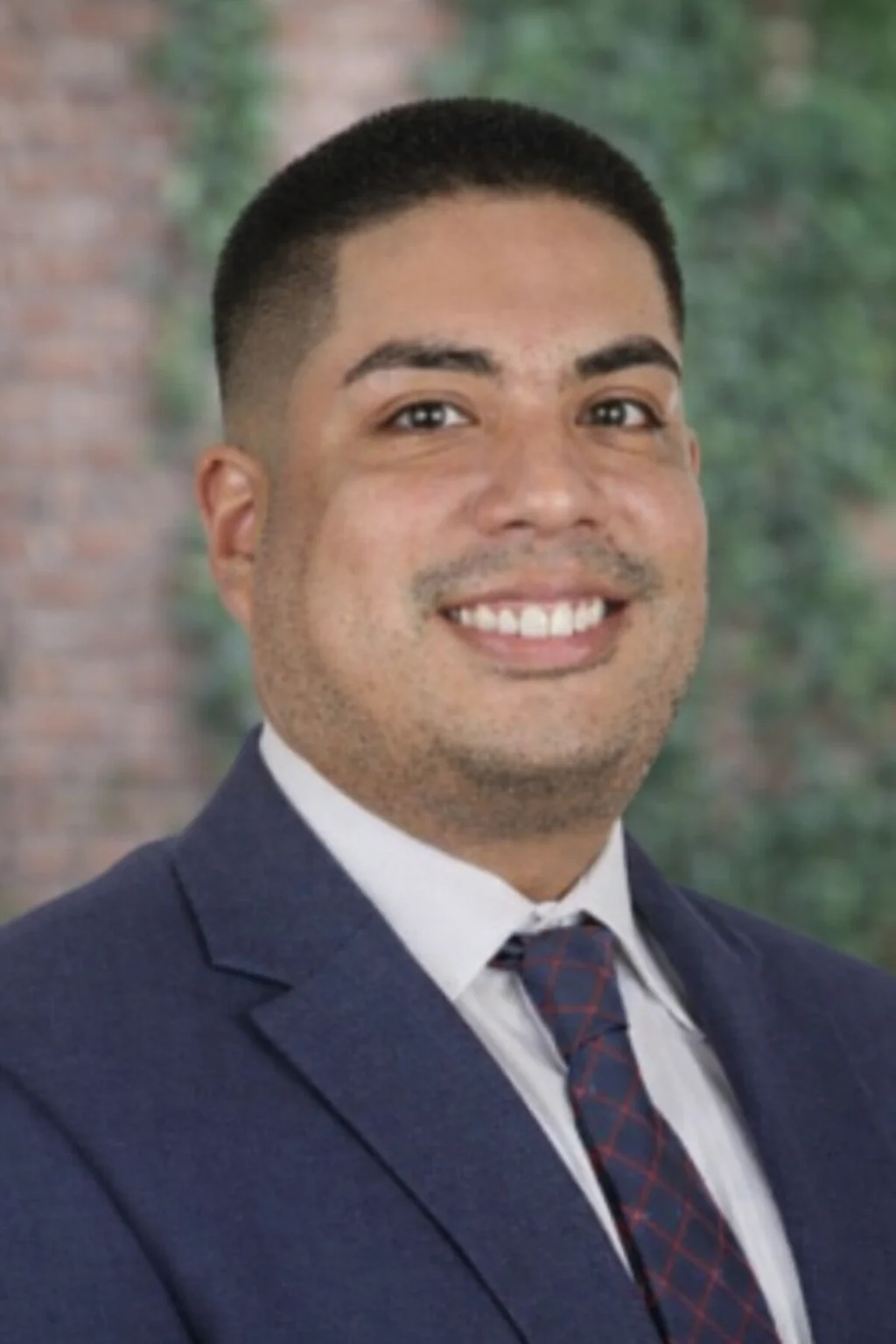Possession of a Controlled Substance
What happens after an arrest in Hillsborough County, FL, for POSSESSION OF CONTROLLED SUBSTANCE (DRUG9101)?
Defenses in drug cases often focus on the legality of the search or seizure of the drugs. If the search or seizure deemed to be unreasonable under the Fourth Amendment, then the court might suppress the evidence.
If the evidence is suppressed, then the prosecutor is forced to drop the charges or the court can dismiss the charges because of a lack of admissible evidence. In other cases, the prosecution is not able to prove that actual or constructive possession actually occurred.
Many of these cases are eligible for disposition in drug court. Although the drug court program is a wonderful option for a person that needs help with an addiction, it is not for everyone.
Many people are better off fighting the charges if the person doesn’t need treatment, the evidence was illegally obtained, insufficient evidence supports the charges, or the person is not guilty of the offense.
An experienced criminal defense attorney for drug crimes in Tampa, FL, can help you understand the pros and cons of each option so that you can make an informed decision and fight for the best result.
Attorneys for Controlled Substance Charges in Tampa, FL
If you have been charged with a serious drug crime such as possession of a controlled substance, then contact an experienced criminal defense attorney at the Sammis Law Firm.
Our attorneys represent clients in narcotic cases throughout Tampa and Hillsborough County, FL. After an arrest for POSSESSION OF CONTROLLED SUBSTANCE (DRUG9101), contact us to discuss the case.
Find out more about drug court and diversion programs that might be available in your case. Find out whether these programs are right for you or whether you might be better off fighting the charges.
Call 813-250-0500 today to discuss your case.
Penalties for Narcotic Charges in Florida
Florida Statute 893.13.6A makes it a third-degree felony to possess a controlled substance. A third-degree felony is punishable by up to five years in prison and a fine of $5,000.
On the website of the Hillsborough County Sheriff’s Office, the arrest inquiry will list the offense as POSSESSION OF CONTROLLED SUBSTANCE (DRUG9101).
In many of these cases, the charges are resolved in drug court or in a regular division for “drug offense probation.” Drug offender probation includes a drug evaluation and follow-up treatment and frequent urine testing.
More serious charges include possession with the intent to sell or drug trafficking.
Defending Men and Women on Drug Charges
Florida law heavily regulates the possession or use of controlled substances. It is illegal to possess, cultivate, sell, distribute or traffic in these substances.
Crimes for the possession of controlled substances are charged as a felony in Florida, except for the possession of “less than 20 grams of marijuana” which is charged as a misdemeanor.
Drug charges can be prosecuted in either federal or state court. For the most part, lower-level possession charges are prosecuted in state court. This article discusses the penalties and punishments in state court. The penalties and punishments under Federal law are different.
Types of Felony Drug Crimes in Florida
Other than marijuana, the most common drug crimes prosecuted in Florida include the following: cocaine, ecstasy, heroin, LSD, methamphetamines, and barbiturates.
Certain types of controlled substances are prescription medications that are possessed either with or without a valid prescription. Those substances can include Xanax, oxycodone, and Vicodin.
For possession of controlled substance offenses in Hillsborough County, these cases are often resolved in a drug court through a diversionary program. Other cases in drug court are resolved with a guilty or no contest plea.
A conviction for any drug offense, including possession of marijuana or more serious felony charges, might result in your driver’s license being suspended by the Florida Department of Motor Vehicles.
Statutory Language for Drug Possession Charges
893.13 Prohibited acts; penalties.
(6)(a) It is unlawful for any person to be in actual or constructive possession of a controlled substance unless such controlled substance was lawfully obtained from a practitioner or pursuant to a valid prescription or order of a practitioner while acting in the course of his or her professional practice or to be in actual or constructive possession of a controlled substance except as otherwise authorized by this chapter. Any person who violates this provision commits a felony of the third degree, punishable as provided in s. 775.082, s. 775.083, or s. 775.084.
(b) If the offense is the possession of not more than 20 grams of cannabis, as defined in this chapter, the person commits a misdemeanor of the first degree, punishable as provided in s. 775.082 or s. 775.083. For the purposes of this subsection, “cannabis” does not include the resin extracted from the plants of the genus Cannabis, or any compound manufacture, salt, derivative, mixture, or preparation of such resin.
(c) Except as provided in this chapter, it is unlawful to possess in excess of 10 grams of any substance named or described in s. 893.03(1)(a) or (1)(b), or any combination thereof, or any mixture containing any such substance. Any person who violates this paragraph commits a felony of the first degree, punishable as provided in s. 775.082, s.775.083, or s. 775.084.
(d) Notwithstanding any provision to the contrary of the laws of this state relating to arrest, a law enforcement officer may arrest without warrant any person who the officer has probable cause to believe is violating the provisions of this chapter relating to possession of cannabis.
This article was last updated on Monday, February 5, 2024.





